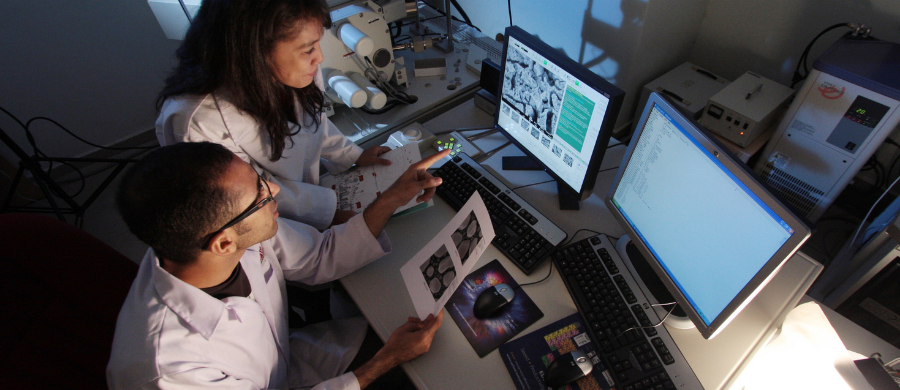The classic version of Journal Citation Reports will cease to be active in March
Subject: Multidisciplinary
The new version of the JCR has an expanded scope, a new metric and a renewed design.
Clarivate, a company that specializes in data analysis, launched a new version of its annual report on scientific journals, Journal Citation Reports (JCR) in June 2021. The classic version, which until now still ran alongside the new JCR platform, will cease to be available until March 4th .
The new version of the report features an expanded scope, a new metric and a renewed design. Before the old JCR is fully withdrawn, here is an overview of the main changes in case you are not yet familiar with them.
- Expanded content: the scope of the JCR has grown to include journals from the Arts & Humanities Citation Index (AHCI) and the Emerging Sources Citation Index (ESCI). As before, these journals will not feature a Journal Impact Factor (JIF).
- A new journal metric: the Journal Citation Indicator (JCI) is calculated for all journals indexed in the Web of Science (WoS), regardless of whether or not they have a Journal Impact Factor (JIF). This provides a standardized indicator for comparing titles from different disciplines and is a particularly important innovation for Arts and Humanities journals, which in many cases did not have impact indicators.
If a journal has a JCI equal to 1.0, this means that its articles have received the same number of citations as the average number of citations in its category.
With JCR you can assess the impact of scientific journals by performing searches according to title as well as by thematic category and identify relevant journals with good bibliometric indicators. You can use the artificial intelligence-based tool, Manuscript Matcher, which analyses millions of citations in the Web of Science Core Collection. This can be especially useful for doctoral students in the process of preparing their doctoral thesis in the form of a compendium.
In addition to these new features, the Clarivate platform will soon be launching new functionalities, such as a favourites area, where you can find the journals you consult the most, or new types of navigation to find titles according to country or publisher group.
You can access JCR directly through the UOC Library search engine or using Search the digital collection by field.
If you have any sort of query, please contact the Library for Research team by means of the Library Replies service.

